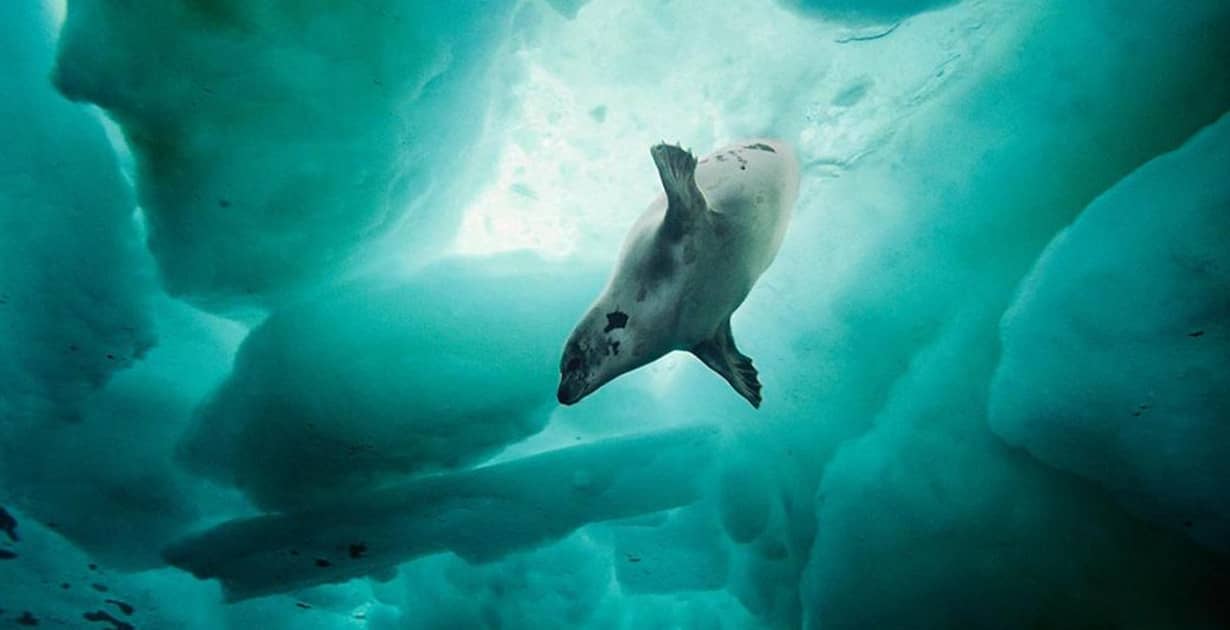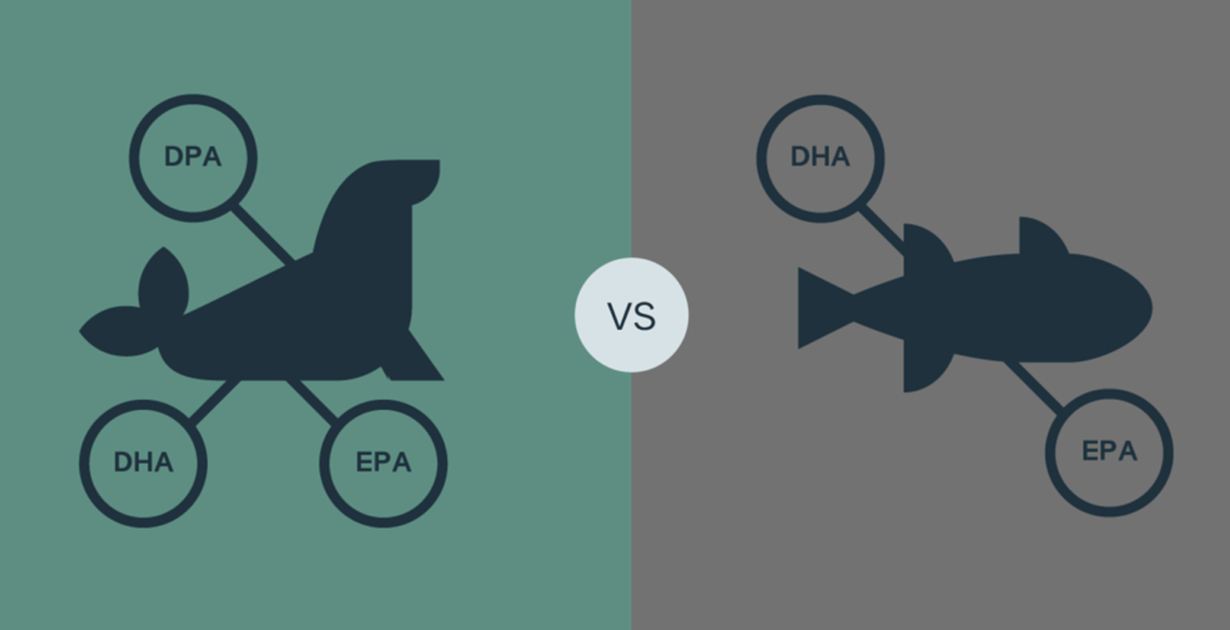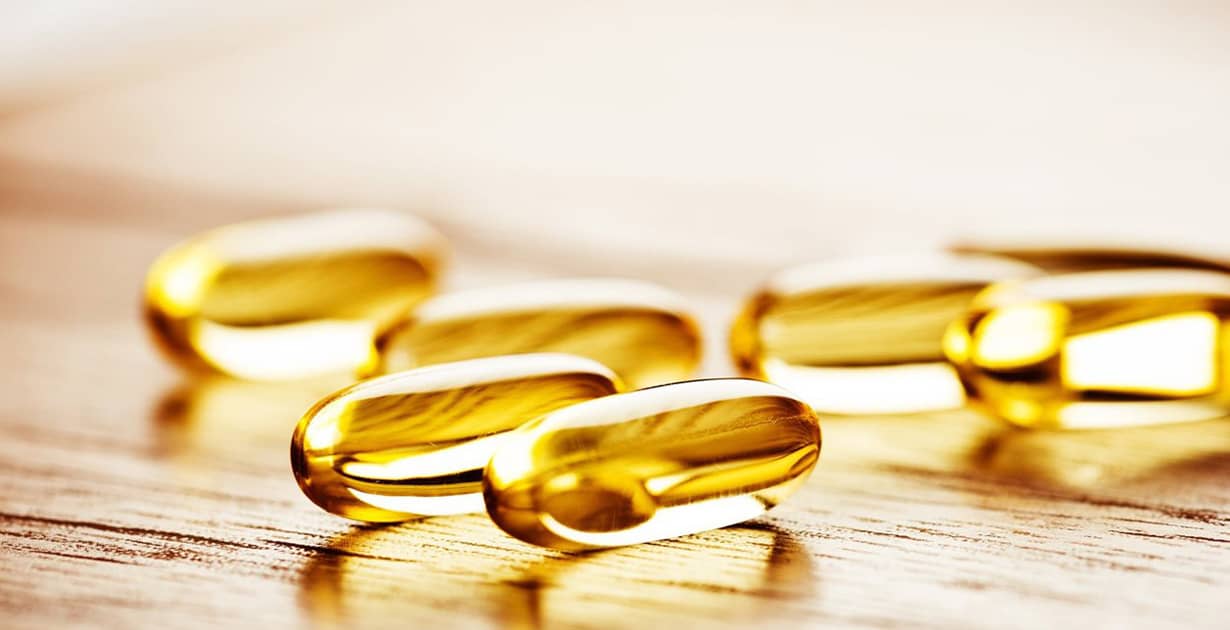Harp seal oil is a natural marine oil derived from the blubber of the harp seal (Pagophilus groenlandicus), a species native to the icy waters of the North Atlantic and Arctic Oceans. For centuries, indigenous peoples and coastal communities have relied on seal products for food, clothing, and health. In more recent decades, harp seal oil has gained attention for its nutritional properties, particularly its high concentration of omega-3 fatty acids. But like many natural products tied to animal harvesting, it sits at the crossroads of health, tradition, and environmental ethics.
What Is Harp Seal Oil?
Harp seal oil is extracted primarily from the fat layer of the seal. It is a rich source of three major types of omega-3 polyunsaturated fatty acids (PUFAs):
- Eicosapentaenoic acid (EPA)
- Docosahexaenoic acid (DHA)
- Docosapentaenoic acid (DPA) – which is less common in fish oil
What makes seal oil unique among omega-3 supplements is its balanced ratio of these three fatty acids, and particularly its DPA content. Some studies suggest that DPA enhances the benefits of EPA and DHA by improving absorption and anti-inflammatory effects.
Health Benefits
Like other omega-3 supplements, harp seal oil is believed to support a wide range of health benefits:
- Cardiovascular health – Helps lower blood triglycerides and reduce the risk of heart disease
- Brain function – DHA plays a key role in cognitive health and development
- Joint health – Anti-inflammatory properties may reduce symptoms of arthritis
- Immune support – Enhances immune response and reduces chronic inflammation
Seal oil is often marketed as a more bioavailable and complete omega-3 supplement compared to traditional fish oil, though scientific consensus on its superiority remains inconclusive.
Traditional and Cultural Use
For Inuit and other Indigenous Arctic peoples, seal oil has long been a staple—used not only for nutritional purposes but also in spiritual and medicinal practices. Its production and consumption are deeply intertwined with culture, survival, and sustainable use of natural resources in a harsh environment.
Controversies and Ethics
Despite its potential benefits, harp seal oil is controversial due to its source. Animal rights groups have long protested the commercial seal hunt, citing animal welfare concerns. Images of seal hunting have sparked global outcry, especially when focused on white-coated seal pups—though the hunting of these pups has been banned in many countries.
In contrast, Indigenous seal hunts are generally considered sustainable and humane, and are often exempt from international bans. However, stigma and misinformation around sealing have negatively impacted Indigenous communities who rely on this traditional practice.
Regulations and Market Access
Seal oil is legally sold in several countries, but others, including members of the European Union, have restrictions in place, especially on non-Indigenous sourced seal products. Canada, a major producer of harp seal oil, has developed regulations to ensure ethical harvesting and high production standards for human consumption.
Conclusion
Harp seal oil is a potent source of omega-3 fatty acids with deep roots in Arctic tradition. It offers numerous potential health benefits, especially for heart and brain health, and remains a valuable resource for many Indigenous communities. However, ethical debates surrounding the seal hunt have limited its acceptance in some global markets. As with any supplement, consumers should be informed, discerning, and respectful of the complex cultural and ecological issues at play.




Leave a Comment
Your email address will not be published. Required fields are marked *